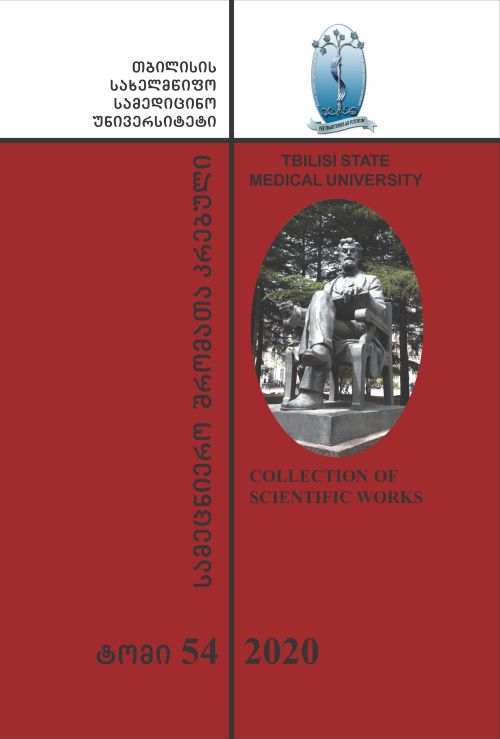Abstract
In Georgia opioid substitution therapy (OST) for opioid-dependent patients began in 2005, although patient involvement has been very weak. In 2016 Center for Mental Health and Prevention of Addiction held 50 patients' barrier studies. Following barriers were identified: principles of co-payment, restriction of geographic access, necessity of everyday visit at the OST center, rows to be involved in OST, discrimination/stigma, even from the family members, negative rumors, negative attitude and no trust towards OST centers from the church, patients desire to be completely free from drugs. From 2017 government, specialists and community representatives jointly began to work on impact reduction of barriers on patients treatment. OST became free of charge for beneficiary, geographic access was increased, restriction on the number of patient involvement was abolished, the Center for Mental Health and Prevention of Addiction carried out educational work with beneficiaries, family members and church representatives. In 2020 due to the COVID-19 pandemic, in order to reduce patient flow at the centers, the patients started to take drugs away enough for five days. From July 1, 2017 till January 1, 2021 as a consequence of above mentioned activities, the number of patients involved in the programs increased 3,2 times. In order to identify and analyze other obstacles and encourage opioid-dependent people to be involved in the OST programs further studies are desirable to be conducted.
References
C Florence, F Luo, K Rice, The econo-mic burden of opioid use disorder and fatal opioid overdose in the United States, Drug and alcohol dependence, 2021 Elsevier;
საქართველოს შრომის, ჯანმრთელობისა და სოციალური დაცვის მინისტრის 2014 წლის 3 ივლისის ბრძანება "ნარკომანიის ჩანაცვლებითი სპეციალური პროგრამის განხორციელების შესახებ";
ოპიოიდური დამოკიდებულების ფსიქოსოციალურ დახმარებასთან კომბინირებული ფარმაკოლოგიური მკურნალობის სახელმძღვანელო; ჯანდაცვის მსოფლიო ორგანიზაცია, 2005;
Greg Herget, Methadone and buprenorphine added to the WHO list of essential medicines; HIV AIDS Policy Law Rev. 2005 Dec;10(3):23-4.
საზოგადოებრივი გაერთიანება "ბემონი", საერთაშორისო ფონდი "კურაციო"; ნარკოტიკების ინექციური მომხმარებლების პოპულაციის ზომის შეფასება საქართველოში, ანგარიში, 2017.
